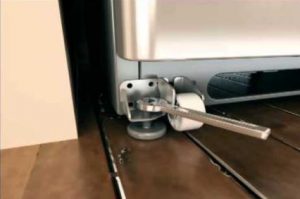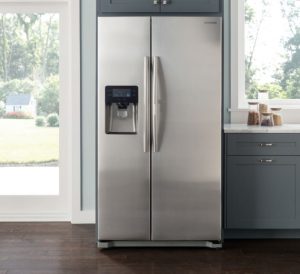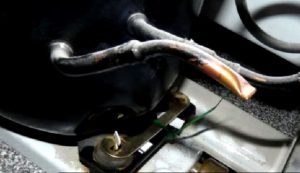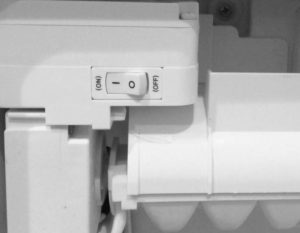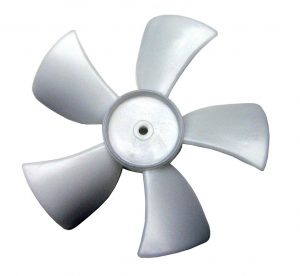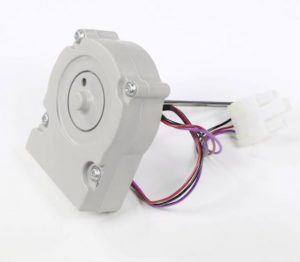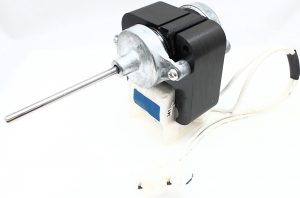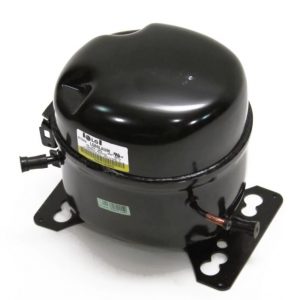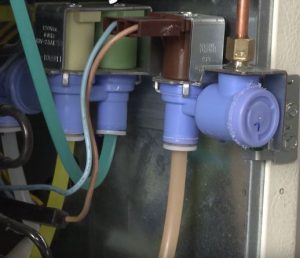Is your refrigerator noisy? Here is how to fix it.
When your refrigerator makes a loud clicking, buzzing or humming noises while running, it can be annoying and make you feel uncomfortable, as well causing unwanted health hazards. In this context, it is always advisable to get some knowledge on issues revolving around noisy refrigerators and how to fix them.
Follow these simple tips to get your refrigerator working properly:
-
Make sure your refrigerator is level
If your refrigerator makes vibration noise, adjust the legs using a bubble level or special app on your smartphone to be sure your appliance is horizontally leveled.
-
Check if the refrigerator is in contact with other objects
Move the refrigerator forward approximately 2 inches. If the noise goes away, that indicates the refrigerator was coming in contact with another object, such as the water line or a wall.
-
Check the compressor
As with any repair, you should unplug the power cord before beginning. Unscrew a couple of bolts to remove the plate covering the compressor on the back of your refrigerator. Most manufacturers use neither bolts nor nuts, only metal ears to hold the compressor in its place. These connections get loose because of constant trembling and start to produce the metallic clanking. To get rid of this noise, use some cable ties to brace the compressor to the base of the refrigerator. When it is held securely in place, the cranking should cease. If it does not, consider replacing the compressor.
-
Check the ice maker
Turn the ice maker off using the switch located behind the ice bucket. If the ice maker has a frozen water line, it will vibrate trying to push water through the chunks of ice.
If you have applied all the tips above and you still hear loud noise, the refrigerator may require a technician for diagnosis. You are welcome to call (818) 600-2559 to schedule an appointment with our professional appliance repair technician.
Things that might be causing the issue:
-
Faulty fan blade
The condenser fan motor blade or evaporator fan motor blade could be damaged or scraping against a panel or bracket. You should check both blades to determine if they are obstructed or if they can turn freely. Both the condenser fan blade and the evaporator fan blade can be replaced independently of the motors.
-
Defective evaporator fan motor
If the evaporator fan motor itself is defective, it can generate considerable noise. If you have determined the component is the source of the noise, you should replace the motor with a new one.
-
Malfunctioning condenser fan motor
As with the evaporator fan motor, the bearings in the condenser fan motor may be defective, resulting in a grinding sound. The malfunctioning motor should be replaced.
-
Worn out compressor
The compressor pumps refrigerant through the condenser and evaporator coils to cool the refrigerator and freezer compartments and will likely become very noisy as it wears out/ we recommend a licensed technician inspect and replace the compressor if necessary.
-
Malfunctioning water inlet valve
The water inlet valve controls the water being supplied to the dispenser and the refrigerator’s icemaker. If the refrigerator is especially noisy when the icemaker is filling, it is likely that the inlet valve is malfunctioning. Mineral deposits can build up in the valve creating a restriction that causes the noise. A restricted valve should be replaced. trying to clean out an old valve is not recommended due to the risk of part failure after repair.
According to researchers the loud cracking noises from household refrigerators disturb up to half of households. Using specialized sensors they found that the noises occur due to the contraction and expansion of the fridge components and panels as they change temperature. This constant shape changing creates stress in the parts and over time they start to produce different noises depending on their size, shape and location.

